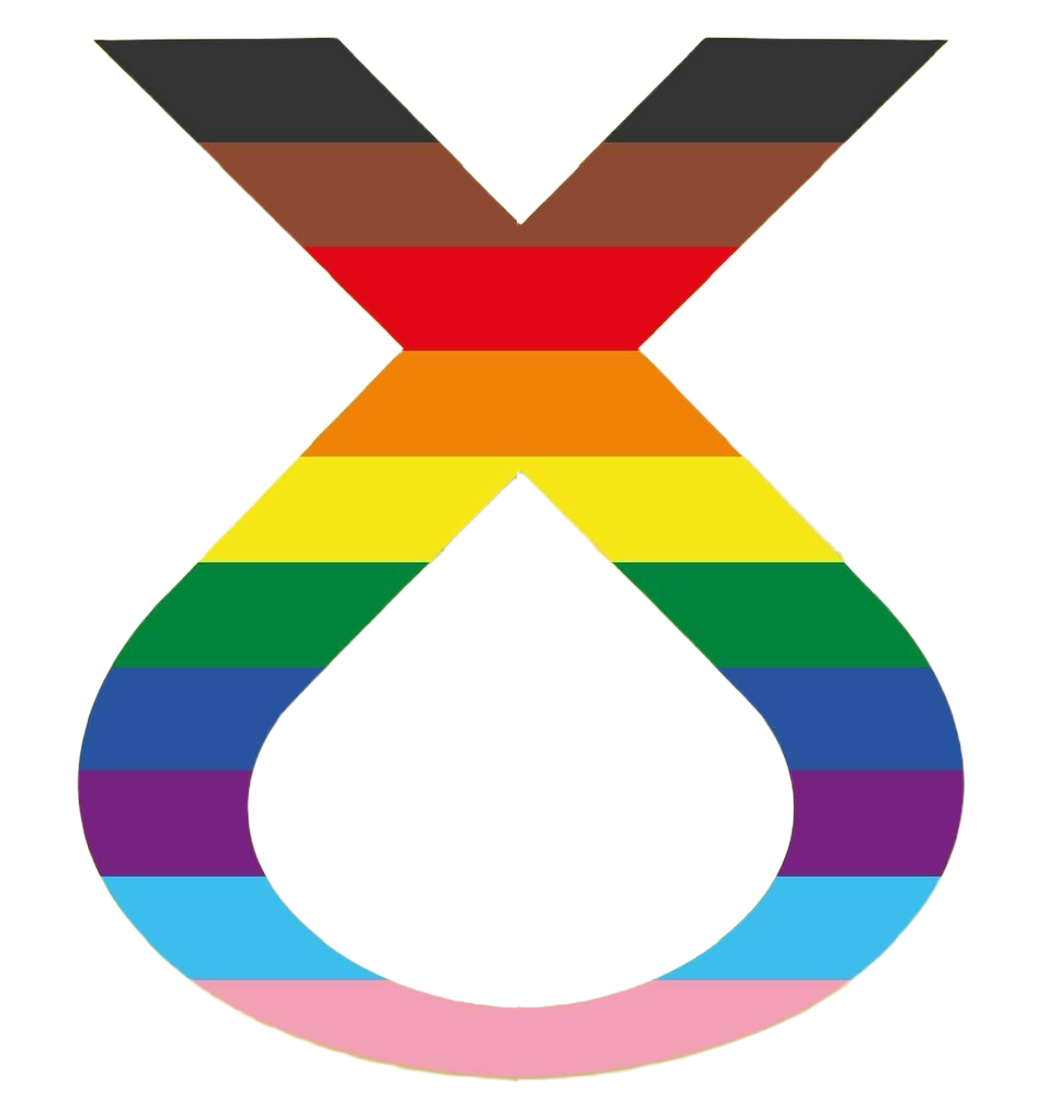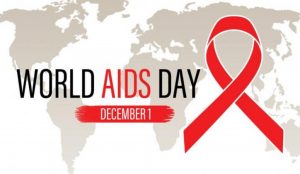One of the arguments used by anti-trans groups against permitting people to self-identify as their gender without extensive medical screenings is the protection of groups ‘vulnerable’ to being influenced by society. Autistic people are often raised as one of these categories, as if we are uniquely naïve and prone to copying those around us, alongside being unable to comprehend the necessary information to truly know our own genders.
This is, of course, both transphobic and ableist, removing the agency of disabled people and claiming that our disabilities mean we do not have the capacity to make informed decisions and to know our own selves. It is also ironic in that autistic people are often also told that we must learn how to fit in with neurotypical society, and are frequently subjected to ‘therapies’ and ‘interventions’ which teach us to mimic those around us.
Well-known ‘gender critical’ author J.K. Rowling, who in 2020 implied that AFAB autistic youth were being pressured into identifying as trans, is among those who have shared the supposed link, in the belief that this means trans rights should be denied so as to ‘protect’ us vulnerable, naïve, child-like autistics. It is also something we see frequently among ‘gender critical’ internet users within the Scottish independence movement; a number of semi-prominent ‘gender critical’ figures in Scottish have written about the need to ‘safeguard’ autistic people from the scary trans people.
Of course, some studies have indeed shown that a disproportionate amount of autistic people are trans or gender non-conforming. While the reason behind this correlation is unknown, some researchers and autistic advocates suspect it is because autistic people are less likely to fit in with society’s traditional gender roles, and are thus more likely to reject labels associated with these roles and unspoken societal rules: not because autistic people are being pressured or duped into trans identities.
For autistic trans people, transition can be life-changing in alleviating dysphoria but it also comes with added challenges. Many autistic people can find change to be difficult, and changing one’s body can be hard – even when it is for the better. These difficulties are made much worse by people choosing to make life harder for autistic trans people by questioning our competency to make our own medical decisions, and by spreading doubt over our abilities to know our own authentic selves.
It is important that as Autism Acceptance Month begins, and indeed throughout the rest of the year, that those fighting for trans rights acknowledge and stand up for their autistic siblings; and that those fighting for autistic rights acknowledge and stand up for their trans siblings. Both groups face many challenges in the fight for acceptance, from the links between ABA and conversion therapy to the same figures attacking both groups, and we must all stand together to oppose bigotry and seek liberation for all.




